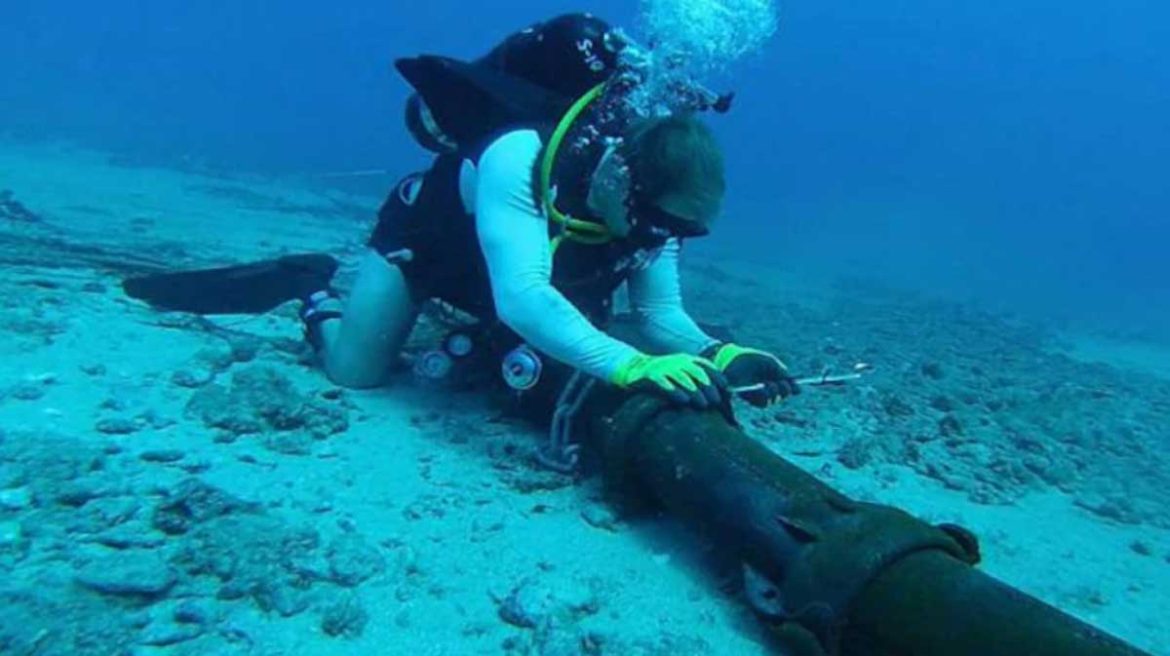Multiple submarine cables in the Red Sea have been damaged, causing significant internet disruptions across several countries in the Middle East and South Asia, including Saudi Arabia, Pakistan, the United Arab Emirates, and India. Internet speeds have slowed, and connections are intermittently dropping, reports Al Jazeera.
Technology giant Microsoft has confirmed that its Azure cloud services were affected by the cable disruptions. However, regular internet traffic outside of Azure was reportedly not impacted. According to Microsoft, the issue began on September 6 at 5:45 GMT. The company is actively monitoring the situation and plans to provide updates as necessary.
Internet monitoring agencies have identified that failures in the SMW4 and IMEWE submarine cables triggered the connectivity issues near the Jeddah area. Pakistan Telecommunications issued a statement warning users that internet services might slow during peak hours, while their international partners work to resolve the issue.
These submarine cables, laid beneath the sea, form the backbone of global internet traffic, connecting Europe, Asia, and the Middle East. Such cables are vulnerable to accidental damage as well as politically motivated attacks. Earlier in 2024, Yemen’s internationally recognized government claimed that Houthi rebels planned to cut submarine cables in the Red Sea. The Houthis denied the allegation, but Houthi-controlled Al Masirah TV partially confirmed the disruption, citing data from NetBlocks.
Meanwhile, Microsoft has faced renewed scrutiny. Investigations by The Guardian, +972 Magazine, and Local Call suggest that Microsoft Azure cloud services have been used by the Israeli military to store calls and data of Palestinian citizens in the West Bank and Gaza. Microsoft has denied these claims but initiated an internal investigation in August and terminated four employees who protested over the matter.
Repairing undersea cables is complex and time-consuming, often taking days or weeks to fully restore service. Telecommunication operators and affected countries are working to quickly resume full connectivity. This incident highlights the vulnerability of global internet infrastructure and underscores the critical role of submarine cables in maintaining intercontinental communication.


